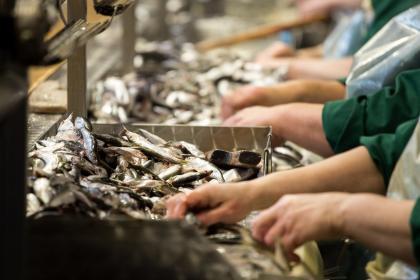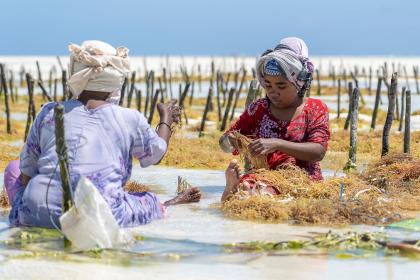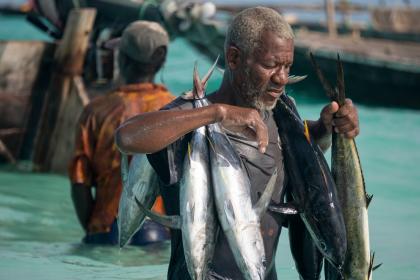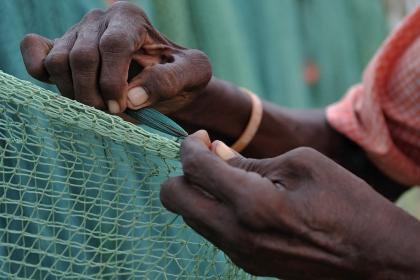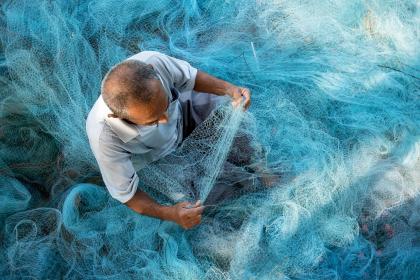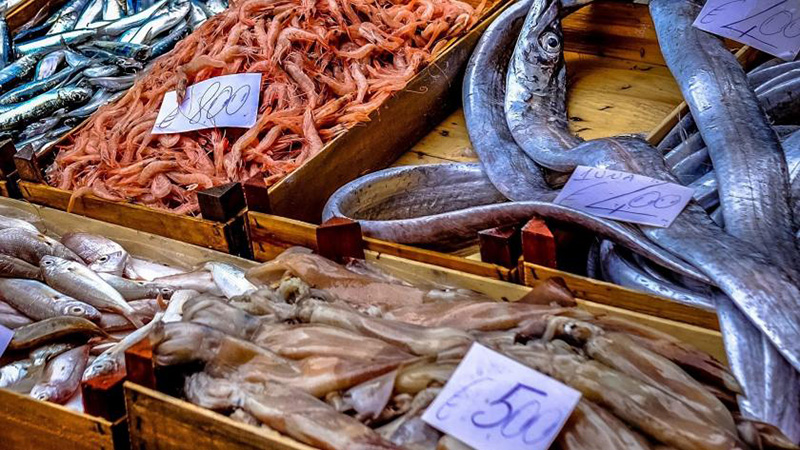Fish and seafood are some of the most traded food commodities. In 2017, around 38 per cent of global fish and seafood production was traded internationally generating US$ 152 billion. Over 58 per cent of this trade in volume originates in developing countries where net trade income (exports minus imports) was valued at US$ 37 billion in 2016.
Unfortunately, the unsustainable overexploitation of living aquatic resources during recent decades has led to overfishing and the degradation of fish stocks, habitats, ecosystems and biodiversity. Currently, about one-third of global fish stocks are fished at biologically unsustainable levels, causing an economic loss estimated at US$ 83 billion per year.
New opportunities to address these and other oceans-related concerns have arisen with the adoption of the 2030 Agenda for Sustainable Development and in particular SDG 14, which seeks to: “conserve and sustainably use the oceans, seas and marine resources for sustainable development”.
UNCTAD, FAO and UN Environment were requested by Member States and other stakeholders to prepare a draft SDG 14 Trade-related Joint Plan of Action (JPoA) to “accelerate the achievement of trade-related targets of SDG 14 (namely targets 4, 6, 7 and b) through improved trade and trade-related policies that safeguard food security and contribute to the conservation and sustainable use of oceans, living marine resources and livelihoods”.
Outcomes and Activities
The objective of the JPoA will be achieved by intervening in three outcome areas:
-
Promoting multilateral oceans and trade-related reforms through dialogue, cooperation and consensus building.
-
Strengthening national and regional capacities on policy frameworks for sustainable seafood trade and the development of other oceans based sectors.
-
Enhancing awareness, knowledge and capacity to implement effective governance and sustainable seafood trade and other oceans based sectors.
The time framework for the JPoA will be 2020-2025 in the short and medium term, and 2025-2030 for its final implementation.


